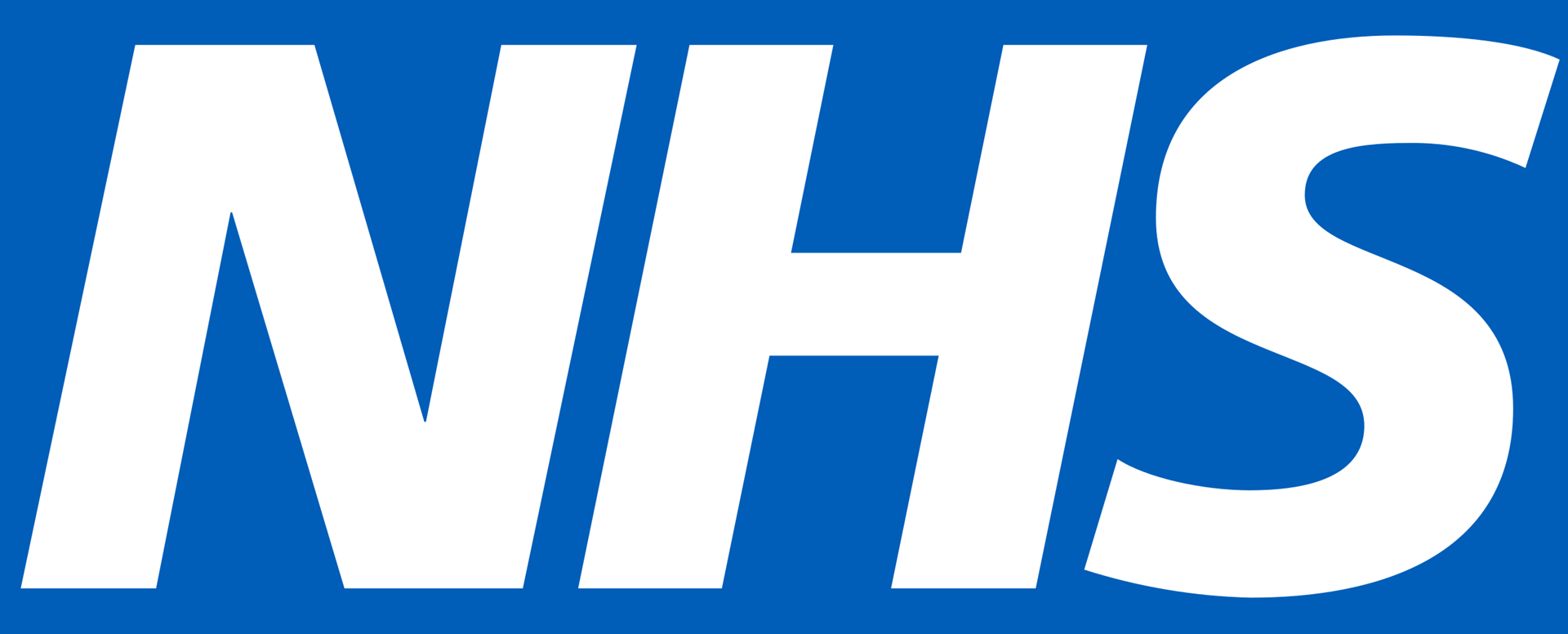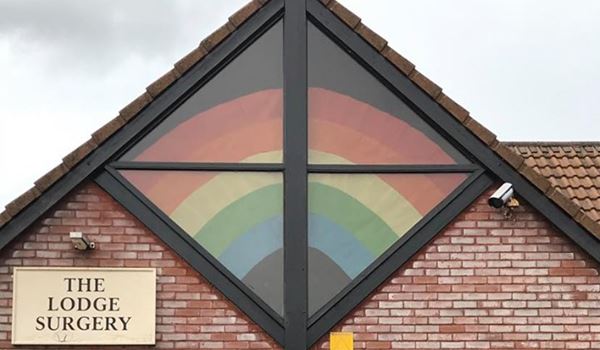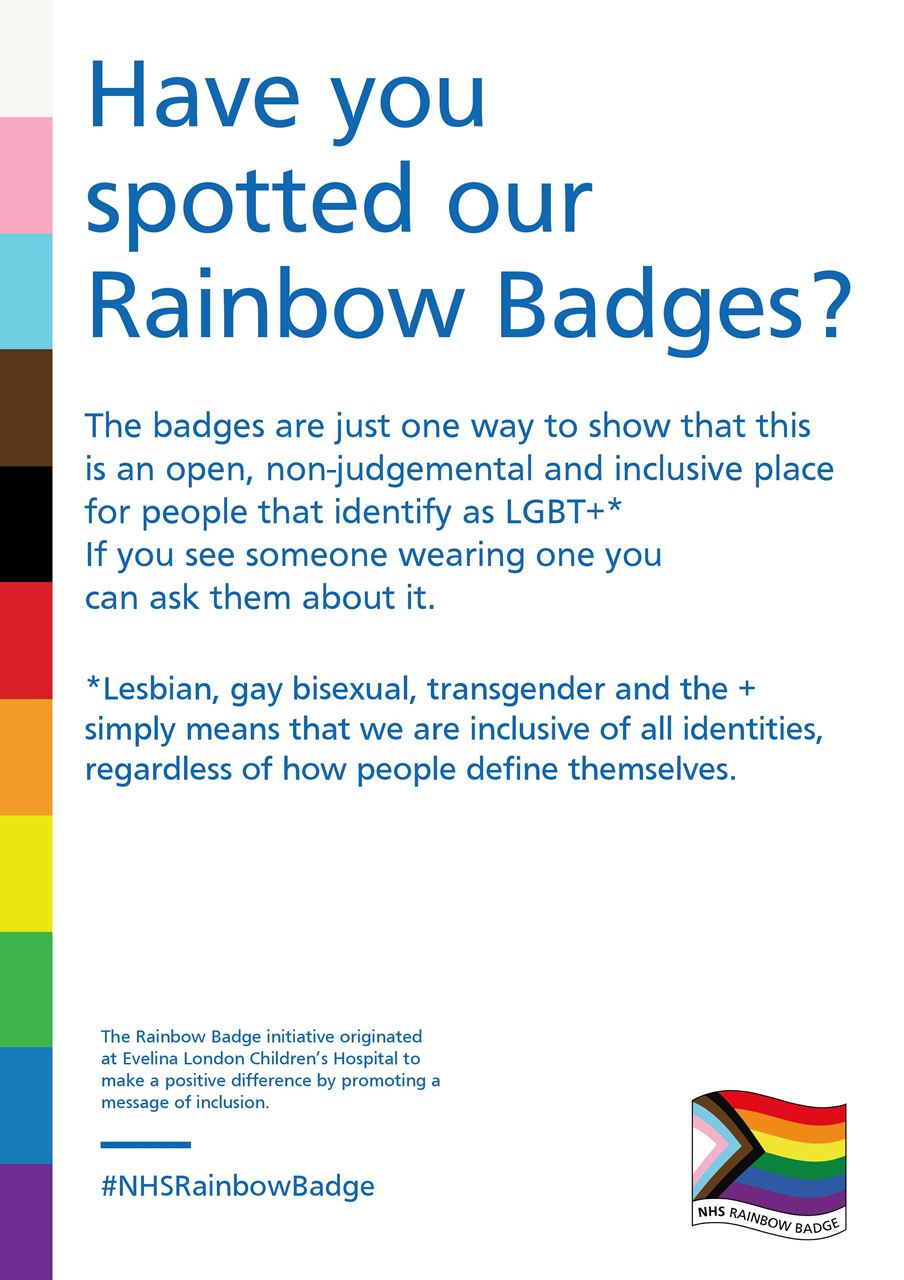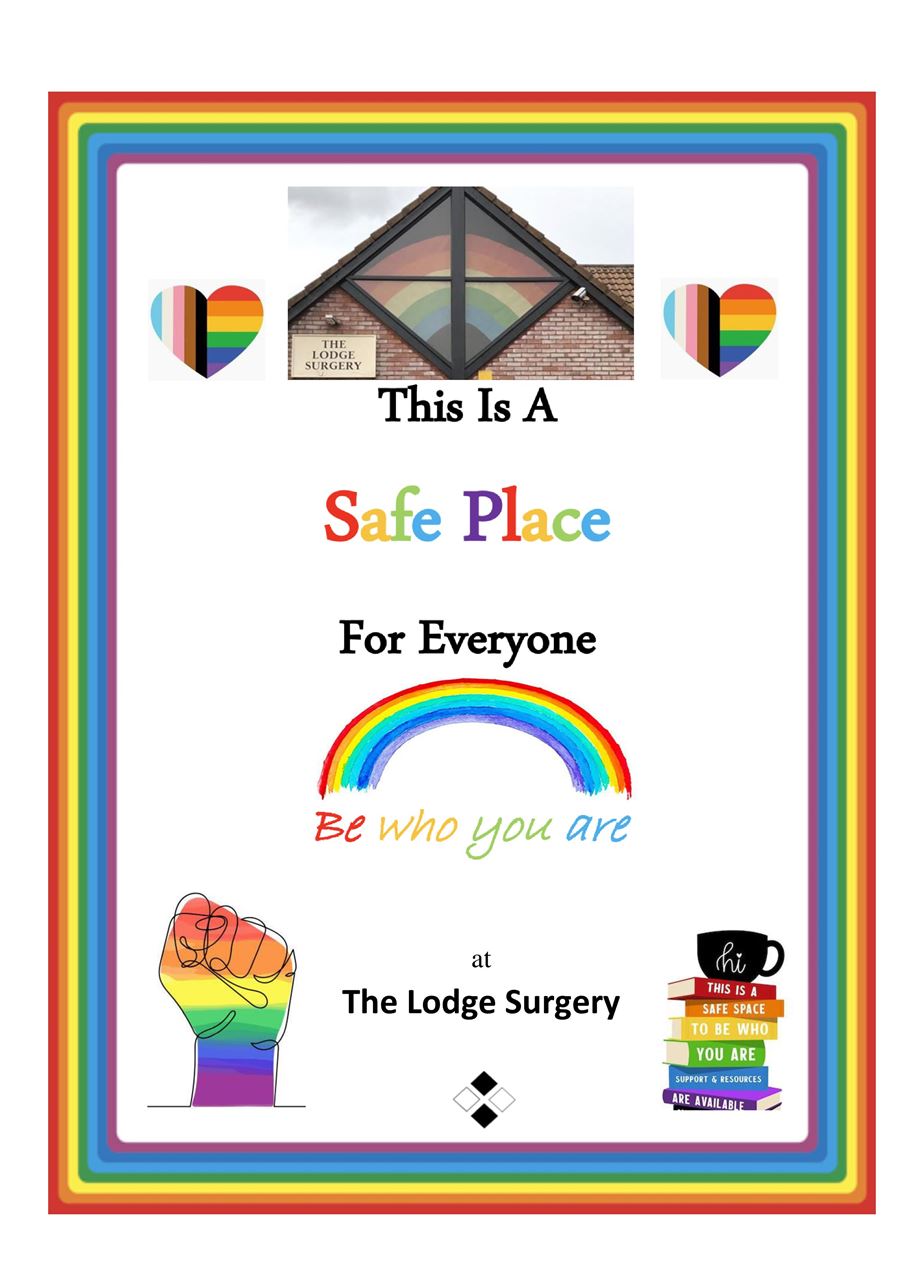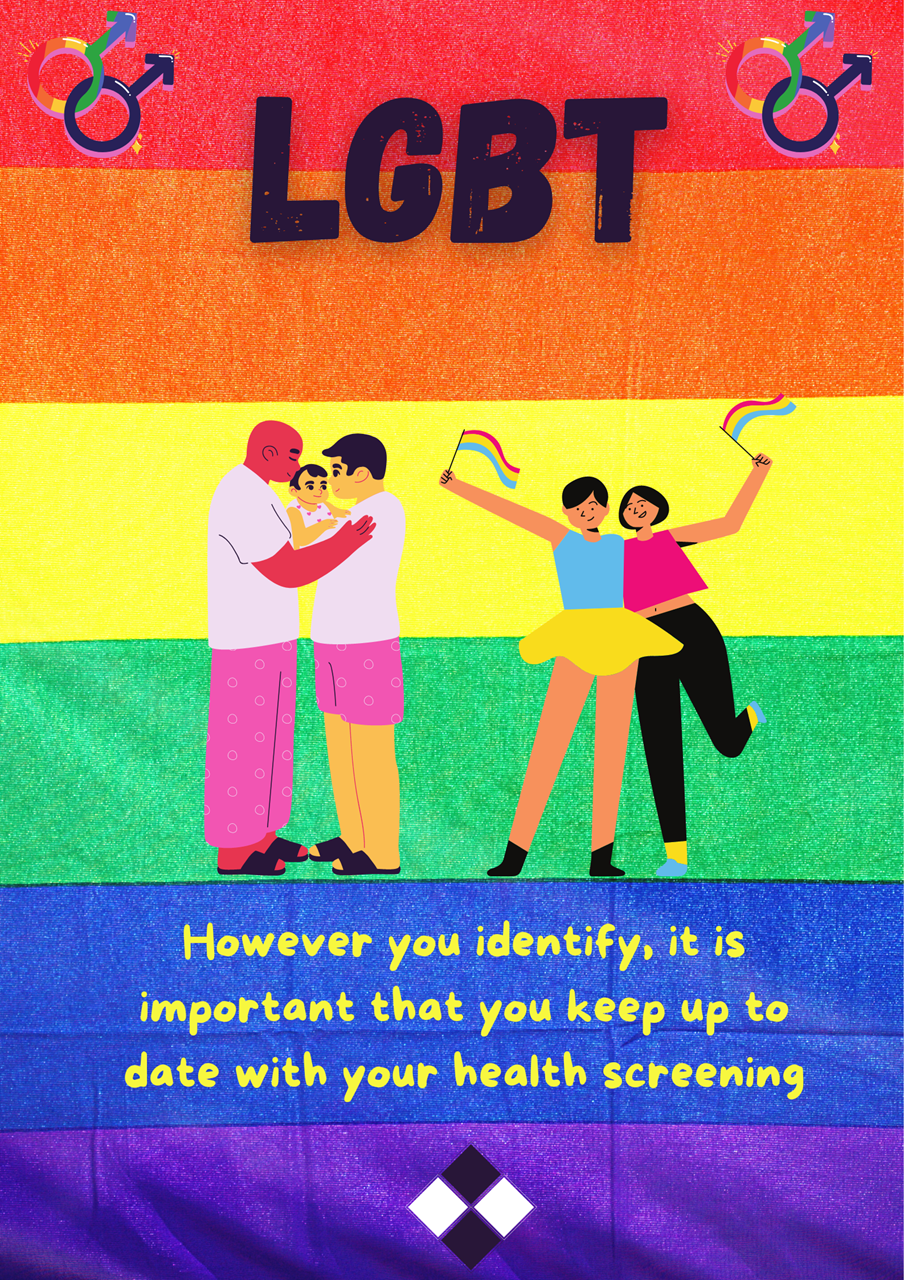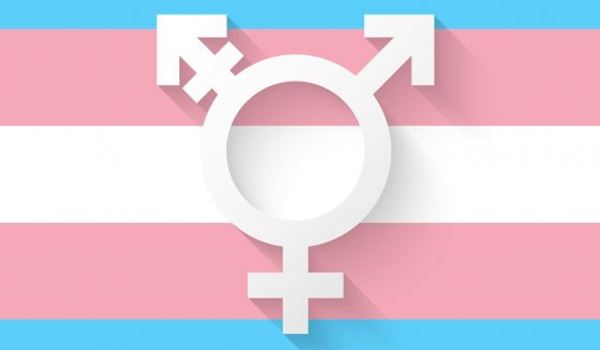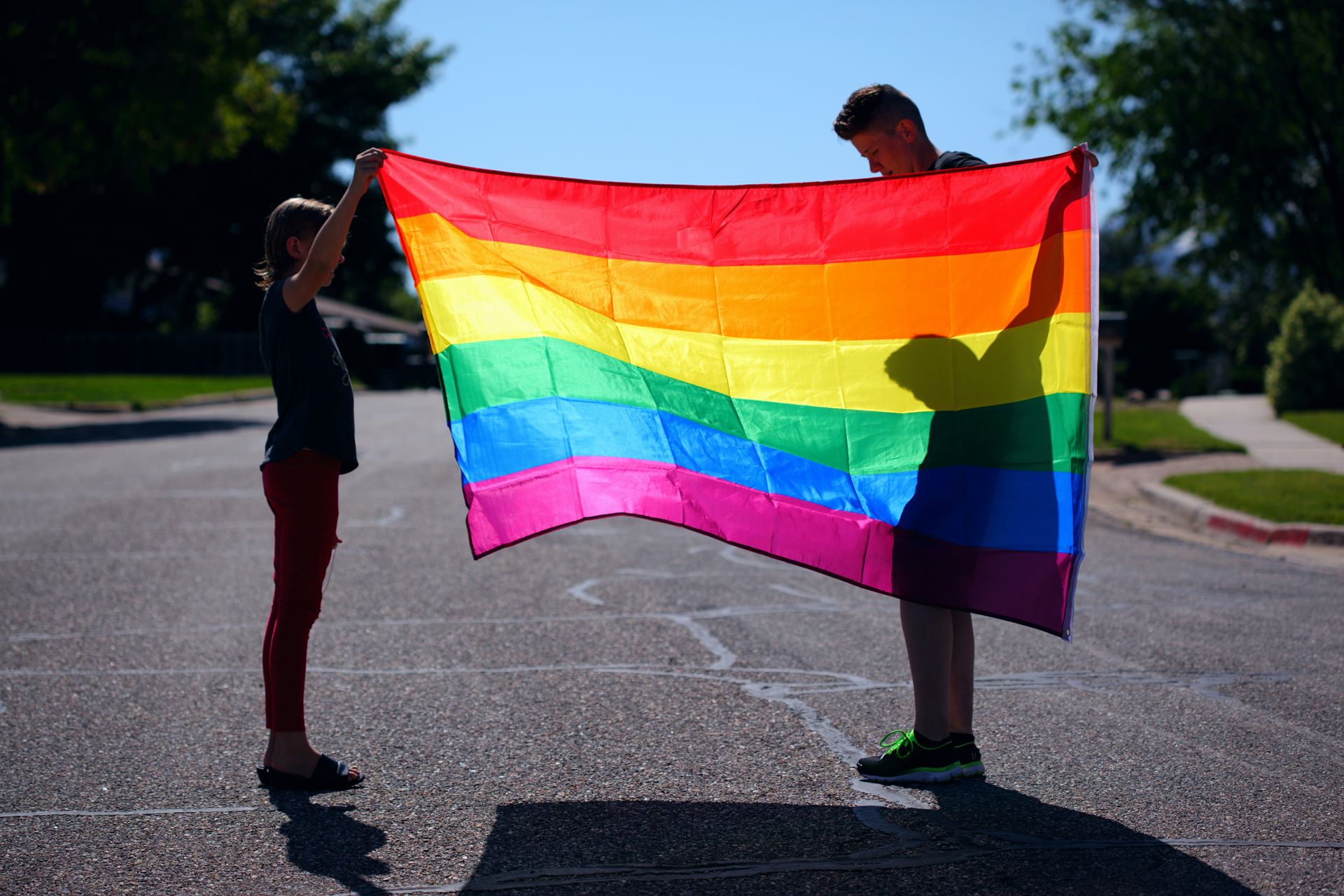Chippenham LGBTQ youth sessions – On Your Mind offer supportive sessions for young people.
Consortium offers a range of practical support for people who run LGBTQ+ groups, projects and networks from fundraising to practical information about running and growing a group.
Galop is the UK’s LGBT+ anti-abuse charity working with and for LGBT+ victims and survivors of interpersonal abuse and violence.
LGBT+ Domestic Abuse Helpline: 0800 999 5428 Email:
LGBT+ Hate Crime Helpline: 020 7704 2040 Email:
Conversion Therapy Helpline 0800 130 3335 Email:
Gendered Intelligence is a registered charity that exists to increase understandings of gender diversity and improve trans people's quality of life. They are a trans-led and trans-involving grassroots organisation with a wealth of lived experience, community connections of many kinds, and a depth and breadth of trans community knowledge.
LGBT Foundation's Helpline Service has been running for 35 years and provides thousands of hours of advice and support to thousands of people every year on a huge range of issues. The Helpline is staffed by a team of dedicated staff and volunteer operators, all of whom receive extensive training and support. The LGBT Foundation helpline is a good first step if you are unsure of how to access support and advice.
Call: 0345 3 30 30 30 Monday to Friday between 10am and 6pm
Email: helpline@lgbt.foundation and receive a reply within 10 working days
Mermaids focus on supporting and informing gender diverse children and young people, and their families, with a particular focus on younger children who may be questioning their gender or who identify as trans. Mermaids have online forums, a helpline, and host meet ups across the UK.
Stonewall Young Futures | Stonewall is a hub for all young lesbian, gay, bi, trans, queer, questioning and ace people thinking about their next steps.
The Swindon TG Group is a local Transgender support group that exists in order to provide information and help to those who are either confused about gender or who are simply looking for a safe and friendly environment in which to ‘dress’ regardless of age, gender, sexuality, disability, religion, ethnicity or any other totally irrelevant factor.
Swindon & Wiltshire Pride | LGBTQ+ Festival (swindonwiltshirepride.co.uk) stages an annual LGBTQ+ event and their purpose is to promote equality and diversity for the public benefit and in particular the elimination of discrimination on the grounds of sexual orientation or gender identity. Including in particular but not exclusively by raising awareness, engaging with the community, celebrating the diversity of LGBTQ+ communities and advancing education.
Trans Unite is a comprehensive resource for people in the UK searching for support in the transgender community. Their easy to use, mobile friendly directory connects users to an established local network of trans support groups.
Support-for-LGBTQ-in-Wiltshire-Ver01-Jan2022.pdf (wessexcommunityaction.org.uk)
Find out about local LGBTQ+ groups here LGBTQ groups in Chippenham - Meetup
